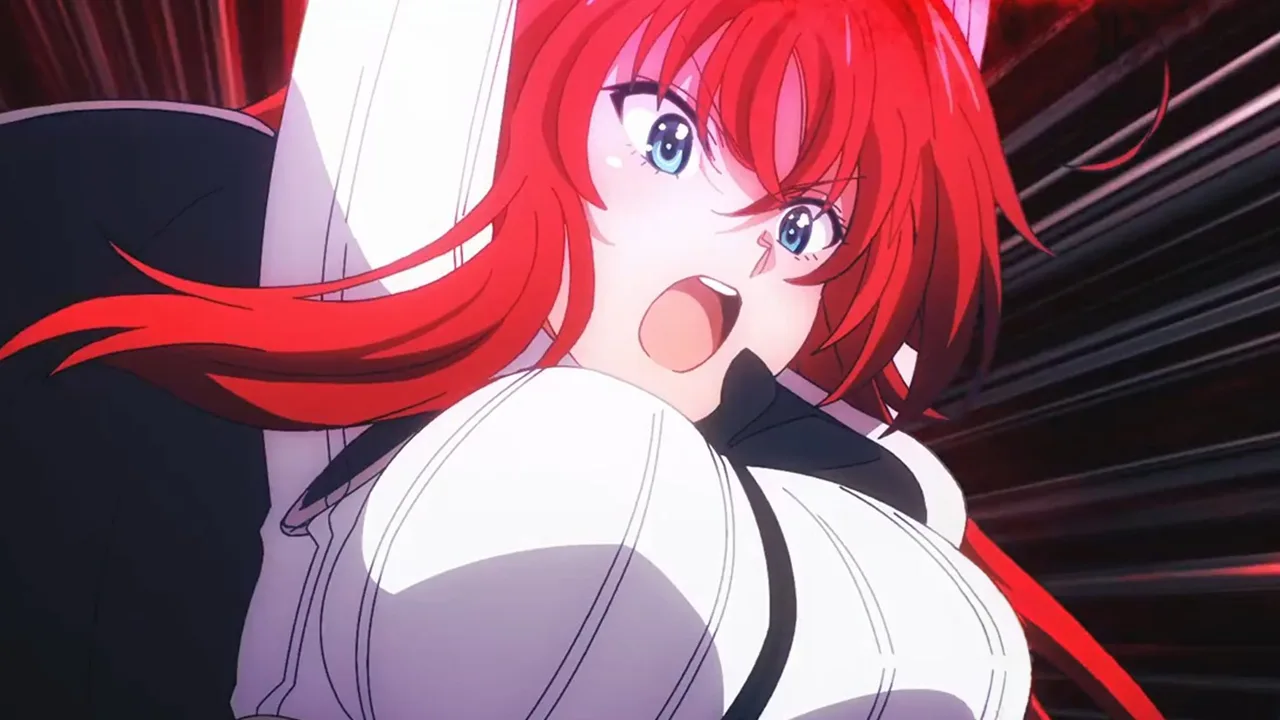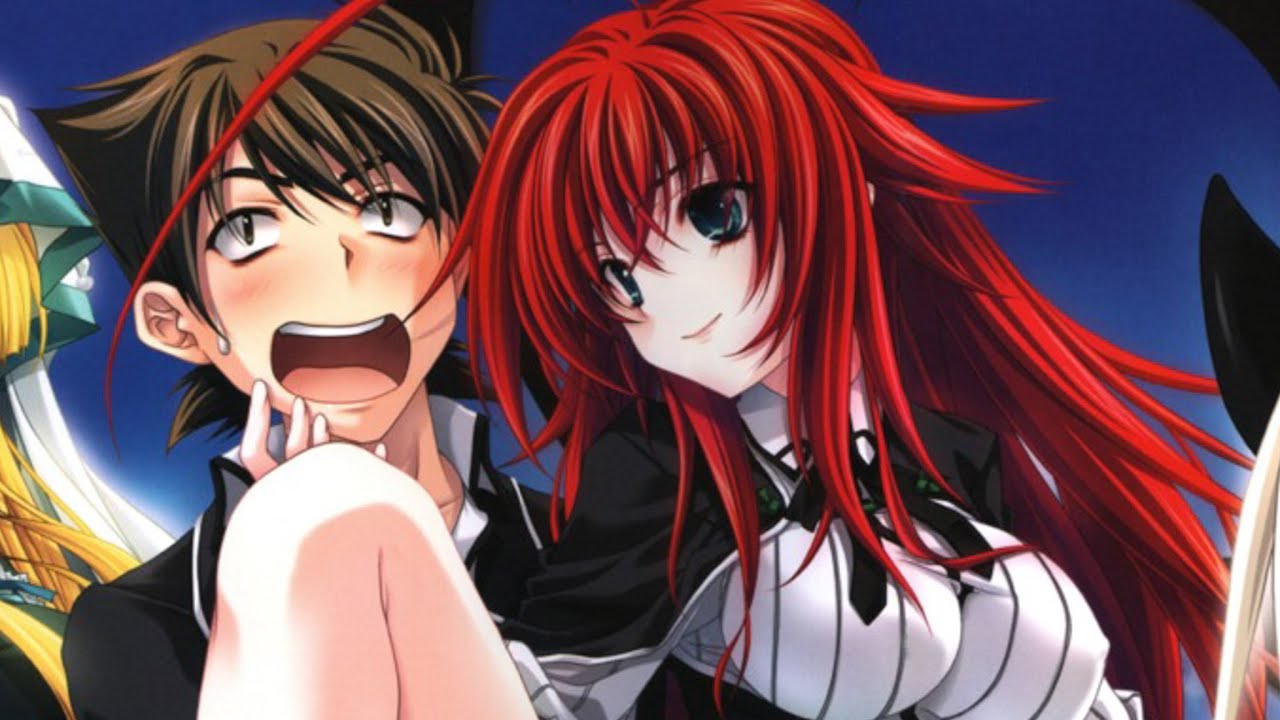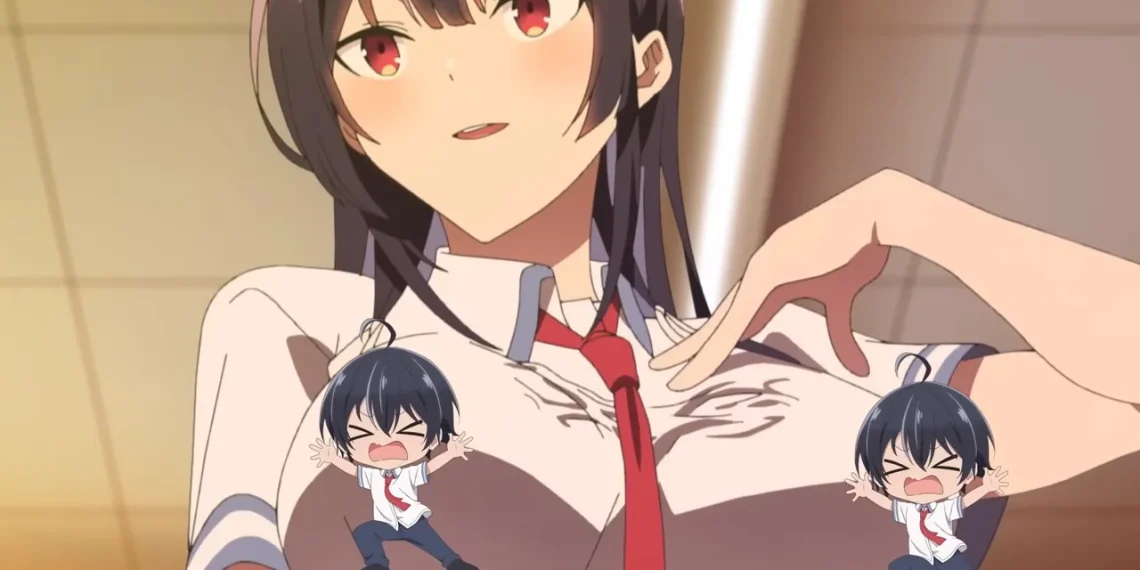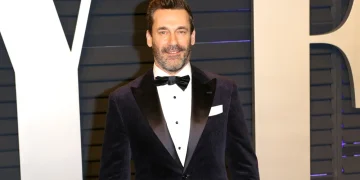A wave of activism has erupted after several international feminist organizations jointly launched a campaign to ban ecchi anime from mainstream streaming platforms. The movement, named “No More Fanservice,” directly targets series known for sexualized content, arguing they normalize the objectification of women under the guise of animation. Their demands have sparked uproar throughout the anime community.
The campaign’s lead organizers cite anime like Prison School, High School DxD, and To Love Ru as egregious offenders. In a formal letter sent to Netflix and Crunchyroll, the groups argue that ecchi content “fails to offer artistic or narrative merit” and instead “thrives on the exploitation of female bodies for male pleasure.”
Platforms Under Fire, Fans Push Back

Activists claim these shows are accessible to underage viewers and bypass age restrictions due to the anime medium being perceived as harmless or comedic. “You wouldn’t allow this in live-action teen shows—why is it okay in anime?” said one campaign spokesperson in an interview with BBC News.
In response, fans across platforms like Reddit and X accused the movement of cultural imperialism and misunderstanding the nuances of Japanese animation. Supporters argue that ecchi is a long-standing genre tied to satire, sexual expression, and comedic exaggeration rather than pornography.
One user posted, “If you don’t like it, don’t watch it. But don’t police what others enjoy—especially when it’s clearly labeled and separated.” Others pointed out that Japan already has strict content ratings, and viewers globally have tools to filter or avoid such content.
Industry Quiet but Watching

While no major platform has issued an official statement, industry insiders told The Japan Times that discussions are underway behind the scenes. Licensing companies worry about bad press but are equally concerned about alienating loyal audiences.
Some creators have pushed back, defending their work as a form of stylized, exaggerated fiction. “There’s a difference between titillation and harm,” wrote one ecchi manga artist in a now-viral X post. “You don’t have to like it, but it’s part of our artistic spectrum.”
As petitions rack up thousands of signatures and content warning systems face scrutiny, the outcome of this movement may redefine what international audiences can access. For now, the future of ecchi anime hangs in the balance—caught between rising social responsibility and the fight to preserve creative liberty.




